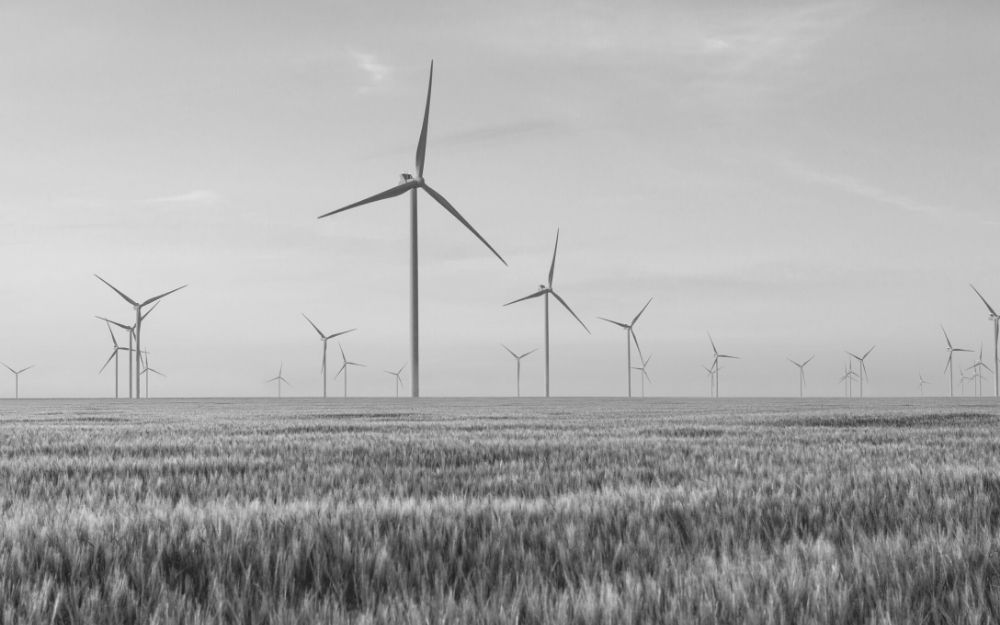
Last month we talked about some of the traps a landholder can face when negotiating terms with green energy companies. In this article, we’ll discuss some of the approaches we use to help protect those landholders’ interests.
As a starting point, landholders should recognise that their ability to negotiate is limited. Green energy companies usually have standard terms from which they’re reluctant to budge. However, getting legal advice before you sign can help you avoid an unfair deal.
Take a long term view
One of the biggest mistakes we see is a failure to understand the long term nature of the commitment. At the outset, it may feel like a no-brainer: the energy company is offering good money to option your land, and if the lease proceeds the rent seems better than the profit you would make from the land in a good season.
Thirty years, however, is a long time. Do landholders really understand that they’re signing up for a long term commitment?
By the time the reality sinks in, it’s often too late. You can’t break the lease without breaching your contract, and there are serious penalties for doing so.
If you want to sell the land, you would need to find a buyer who is willing to buy it with the lease. Generally, while under option the energy company will also lodge a caveat over the title so that they can ensure the land isn’t sold without their approval.
By taking the following steps, you reduce your risk and help ensure that your family business is protected for the future.
Build-in review terms for lease options
Companies generally pay less for an option to lease than they do for the eventual lease. The trick for landholders is to avoid getting locked into an indefinite option.
During the option period, before a lease is signed, you have significant leverage. The company wants the option to talk to you exclusively and stop you from doing a deal with a different energy company. As the landholder, you can agree to sell that option to the energy company but only for a limited period.
We would recommend around 18 months to two years as a suitable period for an option. That gives the energy company enough time to do the investigations they need and establish whether they can raise the capital to proceed.
If the energy company wants to renew the option, you can ask for more money at that point. You’re asking to be reimbursed for your opportunity cost; the lost opportunity to talk to another company that may be in a position to proceed.
Consider if the lease makes financial sense for you
The ideal scenario for landholders is to negotiate a lease with built-in rent reviews to fair market rent. This avoids the problem of being locked into a CPI or fixed increase that falls significantly behind market prices.
However, while that’s the preferable scenario, it may not be realistic. Energy companies are looking for deals with ‘bankability’, on which they can make reasonable financial projections to take to the bank or financier. If you want the deal to proceed, you may need to accept a set increase process during the lease term.
That might mean that you need to look at alternative solutions. Firstly, leasing your land isn’t suitable for everyone. It will suit people with a lot of capital or equity and low borrowing requirements.
A second strategy is to move the land over which the lease will be held into a different title. That way, it can be excised out of the area over which a bank holds the security. The rest of your land is not affected by the lease, so you can still raise capital against your land or sell it.
Build in a make good clause
Finally, we advise taking steps to ensure that you’re not left with an enormous mess at the end of the 30 year period.
Solar and wind farms will want to use batteries to store the generated power. If those batteries are on your land, there is a risk that harmful chemicals escape into your soil and leave it contaminated. You’ll need remediation work to return the land to primary production.
Energy companies also require a lot of infrastructures. That might be an access road, towers, or the large turbines or acres of solar panels themselves. What happens if the company leaves all that behind at the end of the lease?
The first step is to build in a requirement for the lessee to lodge a security bond or bank guarantee for the cost of removing debris or infrastructure.
Next, you want the ability to get an expert report to identify any contamination issues and estimate the cost of decontamination or rehabilitating the land. If there is a dispute about the issue or the cost, you should also have an agreed-upon dispute resolution mechanism to determine the outcome.
Building in that economic security from the outset can help you avoid costly problems down the track.
If an energy company approaches you or a family member with the view to taking out an option, get in touch with Tony Randall on 1300 068 736. Tony is recognised by Doyle’s Guide as a leading agribusiness specialist and is the only accredited property law specialist in Toowoomba and the Darling Downs. Along with his experienced team, Tony will guide you through this complex area of property law.
This publication has been carefully prepared, but it has been written in brief and general terms and should be viewed as broad guidance only. It does not purport to be comprehensive or to render advice. No one should rely on the information contained in this publication without first obtaining professional advice relevant to their own specific situation.




